If you’re like me, you know that pickleball isn’t just a game, it’s a passion. And when it comes to this sport, having the right equipment can make all the difference. That’s why I’ve dedicated my time to finding the best pickleball paddles on the market.
I’ve scoured the internet, read countless reviews, and tested out paddles myself. The goal? To provide you with an informed guide on the best pickleball paddles to enhance your game. Whether you’re a seasoned pro or a beginner dipping your toes in the pickleball pond, I’ve got you covered.
Stay tuned as we delve into the world of pickleball paddles, exploring different brands, materials, and styles. Let’s find that perfect paddle that not only suits your playing style but also gives you the winning edge. So, ready to up your pickleball game? Let’s dive in.
Why having the right paddle is important
Over the years, I’ve learned from my experience and from observing others that the right paddle can make or break your pickleball game. It’s not just about being able to hit the ball more accurately, but also about the extra levels of comfort and control a good paddle provides.
A key consideration is how well the paddle fits your hand. The grip’s size, texture, and weight distribution can significantly affect your game. For example, a paddle that’s too heavy may lead to arm fatigue and slower swing speeds, hindering effective play. Thus, finding a paddle with the right weight and grip size for you is vital to optimizing your strokes and minimizing strain.
Paddle size also matters. The International Federation of Pickleball has set specific standards. For instance, the combined width and length should not exceed 24 inches to ensure fair play. It’s worth noting that paddle size may influence your play style. Larger paddles offer greater hitting area but are generally heavier, which may slow your reactions.
The paddle’s material impacts its performance as well. Wood paddles, for instance, are heavier but more durable. On the other hand, graphite and composite paddles are lighter and offer a better feel and control but could be more prone to damage.
Considering the grip, weight, size, and material of a pickleball paddle can significantly influence your game. Identify your playing style, evaluate your strengths, and select a paddle that complements them. Remember, there’s no ‘one-size-fits-all’ solution; the best paddle for you is specific to your needs.
Moving into the next section, we’ll start comparing different brands, materials, and styles of pickleball paddles to help you find the one that suits your style.
Factors to consider when choosing a pickleball paddle
Picking the perfect pickleball paddle is no small task. Trust me, it can make a world of difference in how you play and control the game. Let’s delve into the key factors you should pay attention to when hunting for the right paddle.
Grip Size
The size of your grip is a game-changer. If it’s too big, you’ll struggle to maintain control. If it’s too small, you might tire more quickly from clenching your hand too tightly. As a rule of thumb, beginners should start with a smaller grip to help improve ball control and stability during swings.
Weight Distribution
The way the paddle’s weight is distributed plays a vital role in how well you’ll play. A heavier paddle will give you more drive power but less maneuverability; a lighter paddle will provide more control but less drive power. Selecting the perfect one boils down to your style of play and what you feel most comfortable with.
Paddle Size
Like the grip size, beginners may benefit from choosing a larger paddle size when starting out. It offers a larger hitting area and hence, increases accuracy. However, an extended paddle could also affect maneuverability due to its additional weight.
Material
The paddle’s material can significantly impact its feel and performance. A paddle made of graphite or composite often provides an excellent balance of weight, power, and control. Meanwhile, a wooden paddle is considerably heaviest but also the least expensive, and these paddles offer a different playing experience altogether.
I’m sure that as you start considering these factors, you’ll begin to notice the vast array of options available in pickleball paddles. My key suggestion is to try out different styles and brands until you find one that works best for you.
Top pickleball paddle brands in the market
When it comes to top-of-the-line pickleball paddles, there are a few names that frequently stand out. Selkirk, Paddletek, and Onix are a few leading brands that have earned a reputation for their commitment to quality, performance and design innovation.
Selkirk is a family-owned company that’s known for producing high-quality paddles. They put a lot of thought into their design and manufacturing process. Their paddles are often favored by pros with high-performance standards. Selkirk’s AMPED series, for instance, offers unmatched control and power due to their unique FiberFlex face and X5 core.
Next on the list is Paddletek. A personal favorite, Paddletek offers a wide range of paddles suited for players of various skill levels. What sets them apart is their unique, patented Bantam Technology that gives their paddles excellent playability, control and power. The Tempest Wave is one of their most popular models; it’s perfect if you’re seeking a blend of touch and power.
Lastly, we have Onix – the brand credited for creating the first composite pickleball paddle. Onix offers a vast variety of paddles, each designed with innovative technologies to enhance different aspects of the game. Their Z5 Graphite paddle continues to be a crowd favorite, known for providing an incredible touch and allowing players to maintain control over each shot.
These brands embody quality and owe their popularity largely due to their insistence on research, development and commitment to meeting players’ specific needs. Remember, the best paddle for you is one that feels right and allows you to play your game comfortably. Try out different styles and features to find your perfect match. The aforementioned brands are a great starting point, each providing a unique touch, feel, and control.
Different materials used in pickleball paddles
In the world of pickleball, one key player often overlooked is the material that shapes the life and performance of the paddle. You’ll find paddles made from a variety of materials, each with its own set of benefits and drawbacks.
One of the most popular materials for pickleball paddles is composite. These paddles include a combination of materials such as fiberglass, carbon fiber, or even kevlar. Them being lightweight yet sturdy is what composite paddles offer. Moreover, they deliver excellent maneuverability and strong ball striking power.
Another common material is graphite. Known for being lightweight and ultra-responsive, graphite paddles provide top-notch mobility and easy handling. They often cater well to fast-paced, competitive play.
Lastly, we have wooden paddles. They are the oldest and, traditionally, first choice for beginners due to their affordability. While heavier than composite and graphite options, they offer a robust and durable option for those looking to get a feel for the game without breaking the bank.
Each material yields a different performance, and while one might offer better power, another could be lighter and offer more control improving your all-round game. It’s crucial to understand each material and their qualities, as finding the perfect match to your game style can significantly affect your performance on the court.
To help you have a better understanding, below is a simple comparative table, focusing on characteristics of each material:
| Material | Lightness | Durability | Power | Control |
|---|---|---|---|---|
| Composite | High | High | High | Moderate |
| Graphite | Very High | Moderate | Moderate | High |
| Wooden | Low | Very High | Moderate | Low |
Remember to consider your budget, your style of play, and what you value the most in a paddle. Is it touch and control? Or, is power your game? All these factors will influence your final choice. The featured brands Selkirk, Paddletek, and Onix, all offer a variety of options in each material, ensuring you get the quality you deserve with an amazing performance on the court.
Paddle styles and their benefits
Now that we’ve explored the role of paddle size, grip, weight and materials in shaping your game, let’s dive a bit deeper into the styles that these paddles bring to the court.
A significant aspect to think about when choosing your pickleball paddle is the playing style that it encourages. Understanding the benefits* associated with the different styles of play will let you make an informed decision, aligning your new gear with your game.
Power paddles
Power paddles typically come on the heavier side. The added weight helps players smack the ball with gusto, ensuring it reaches the other side of the court with force. This kind of paddle is perfect for players with a smashing style and who prefer a strapping blows approach to the game. Remember, brands like Selkirk and Paddletek offer excellent power paddles with an emphasis on balance and control.
Control paddles
For those of you who like a softer touch, control paddles could be your perfect match. They’re usually lighter and allow superior maneuverability. This ensures you’re not just hitting the ball back, but placing it with precision. The likes of Onix and Selkirk have a wide range of control paddles, designed for players who love tactical placement over brute force.
Balanced paddles
You don’t have to sit exclusively in the power or control camp. Balanced paddles, as the name suggests, offer a harmonious blend of both styles. You’ll get the advantage of weight behind your shots without sacrificing control over ball positioning. Many Paddletek and Selkirk paddles cater to this hybrid style.
Part of the joy of pickleball is the variety it offers. It’s important to stress that no style is “better” than another – it all boils down to your personal preference and what feels good in your hands. By understanding the variety of styles and their benefits, you’re one step closer to finding your ideal partner on the pickleball court.
Testing and reviewing pickleball paddles
When it comes to testing and reviewing pickleball paddles, it’s not just about hitting a few balls and stating an opinion. There’s a systematic process behind it. In fact, I test each pickleball paddle with a set of guidelines in mind to ensure fair, informative, and relevant feedback for you.
I begin with analyzing the physical features of the paddle – dimensions, weight, grip size, and material. I pay special attention to the craftsmanship, particularly stitching if any, edging, and overall build quality. Use of materials can significantly affect these factors. Composite pickleball paddles, for instance, tend to be lightweight yet strong. They often outperform other material types on the rebound test, proving their worth in power plays.
In contrast, the graphite pickleball paddles tend to maximize control on the court. They stand out in precision tests where I evaluate how well each shot aligns to the aimed direction. Finally, wooden paddles bring an old-school charm and affordability to the table. They’re the ones I use to test for economy, longevity, and nostalgic feel of the game.
Then comes the actual gameplay. I play various shots – from serves to returns, smashes to spins, thereby evaluating the paddle’s performance against different game tactics. Specifically, I evaluate how well the paddle responds to each shot, how much control it offers, and whether it’s better suited for a power play or finesse play.
Important Factors in Testing and Reviewing Paddles
| Factors | Composite Paddle | Graphite Paddle | Wooden Paddle |
|---|---|---|---|
| Strength | High | Moderate | Low |
| Control | Moderate | High | Moderate |
| Suitable Play | Power Play | Finesse Play | Economy Play |
Remember, no one style is superior. It all boils down to personal preference and playstyle. What might work flawlessly for me might not be the best fit for you. So it’s crucial to consider these aspects when browsing for pickleball paddles. As I delve deeper into the specifics of popular paddles from trusted brands like Selkirk, Paddletek, and Onix, you’ll gain more insight into the factors that can influence your game play and paddle selection process.
Conclusion
After exploring the world of pickleball paddles, it’s clear that the perfect paddle doesn’t exist. It’s all about finding the right fit for your style and preferences. Whether you’re drawn to the quality and performance of Selkirk, the innovation of Paddletek, or the reliability of Onix, you’re in good hands. The material of your paddle – be it composite, graphite, or wooden – also plays a vital role in your game. Remember, it’s not about the best paddle on the market, but the best paddle for you. So take your time, consider the factors we’ve discussed, and make an informed decision. With the right paddle in your hand, you’re one step closer to mastering the game of pickleball.

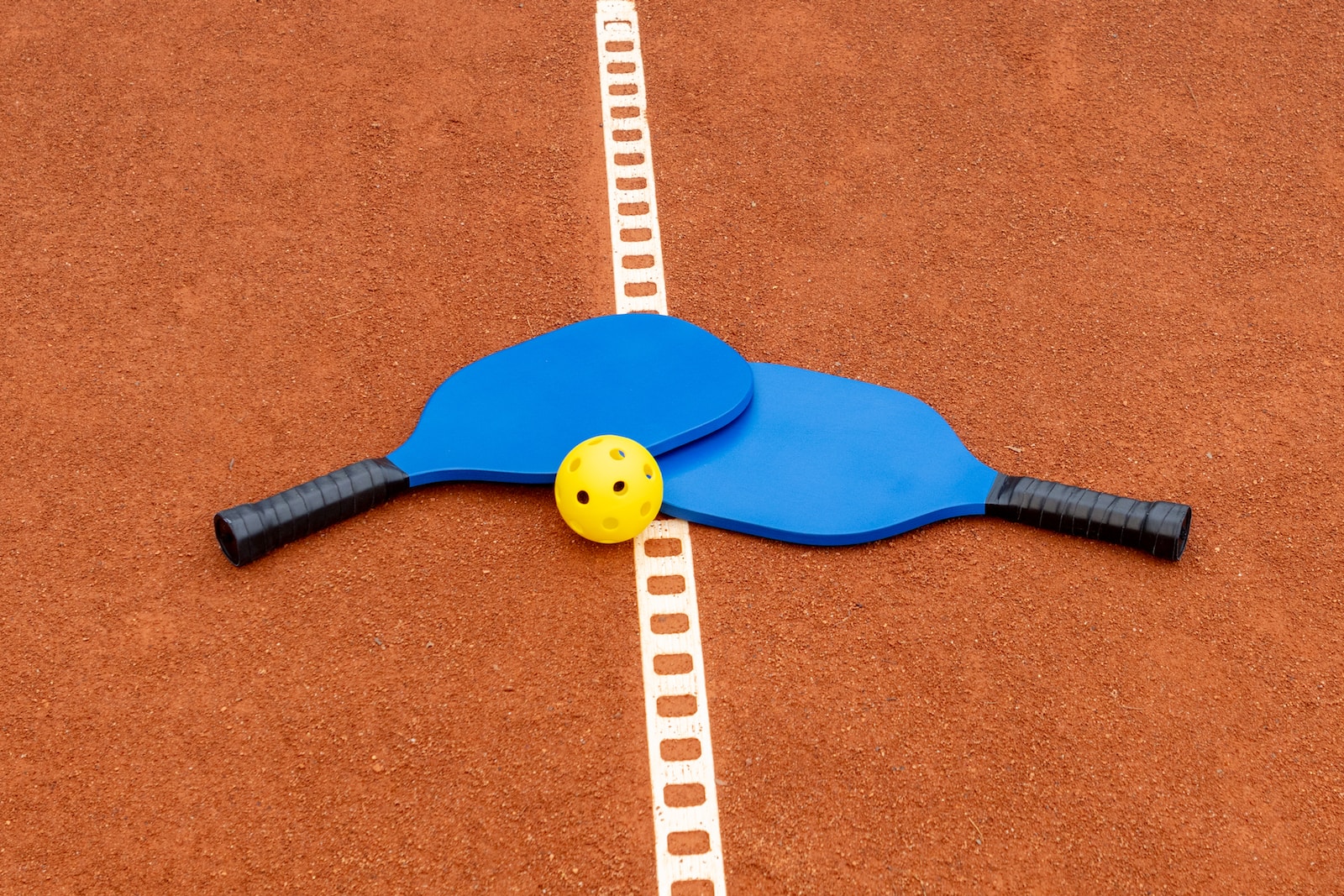






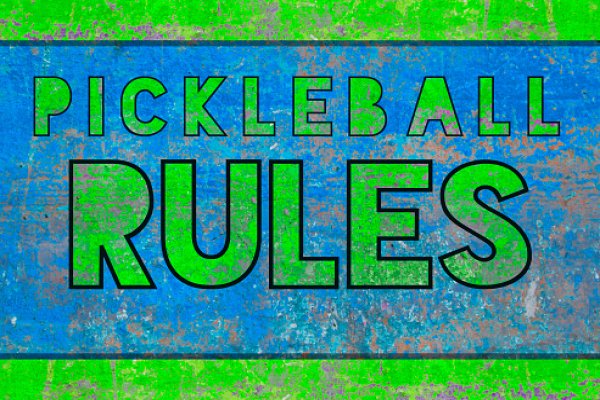
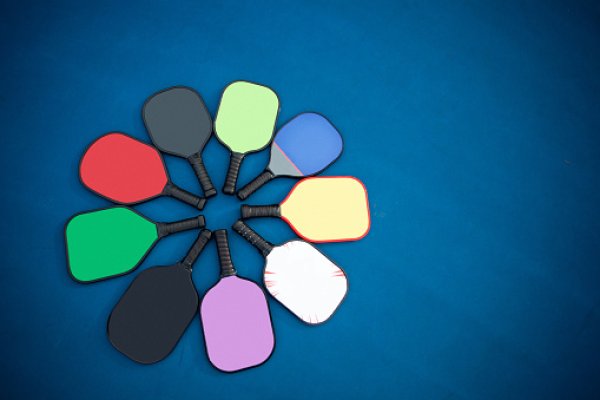
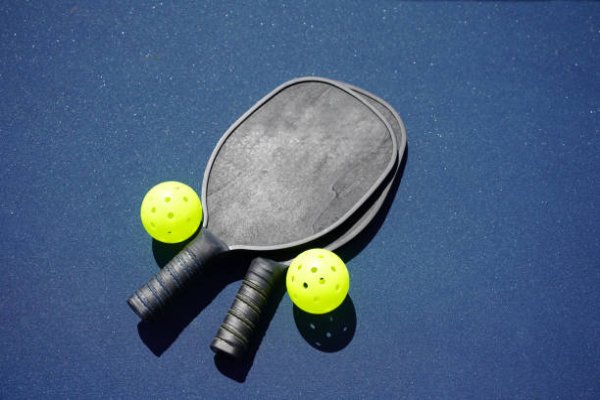
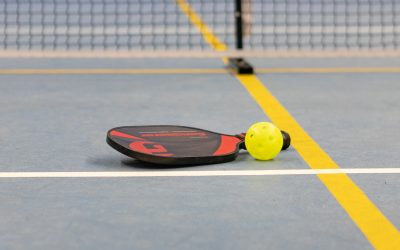
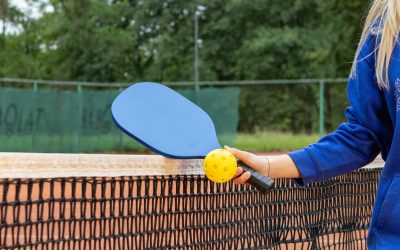

0 Comments